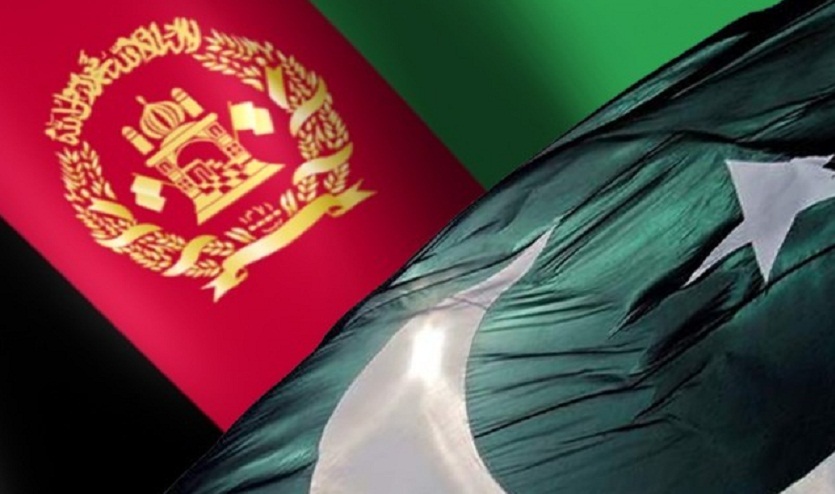Regional stability is at stake as Pakistan has adopted aggressive policy towards Afghanistan while the United Nations failed to put pressure on Islamabad to cooperate with Kabul on key issues. The United Nations also failed to garner sincere support for the so-called Afghan-led peace process which had never been Afghan-owned in real sense. Fate of the reconciliation process always remained dependent on the neighboring countries because the insurgent groups have families and training centers there. Every nation-state on this planet knows that who are supporting the Afghan militant groups. Most of the neighboring countries, including China, Pakistan, Iran, Tajikistan and Uzbekistan, expressed deep concerns over growing insecurity in Afghanistan and pledged to help the Afghan peace process. These countries vowed to help the Afghan government to deal with the outstanding challenges.
However, it did not happen because the Quadrilateral Coordination Group (QCG), comprising of Afghanistan, China, the United States and Pakistan, has completely failed to pave way for the Afghan peace process and end the over three-decades of violence in Afghanistan. Afghans have pinned high hopes on the QCG but the outcome has not been satisfactory. Neither the four-nation group brought the Taliban to the table of talks and nor it took military action against them. Likewise, the northern neighbors of Afghanistan are always concerned about their interests like Iran. These countries are not providing help in security and defense sector but are focused only on increasing export to the war-hit country so they could generate huge amount.
The Central Asian Republics are concerned over growing activities of the Islamic State, also known as Daesh in the region, but these countries never provided military support to Kabul. These republics can provide free or cheaper energy to Afghanistan at least to help the Afghan government to allocate a good portion of the meager resources to fight Daesh. Likewise, our western neighbor, Iran, is worried about increase in opium production. Tehran claimed that it is supporting Kabul’s anti-narcotics drive. If Iran was really supporting the drive then there would have been decrease in production of opiates.
Similarly, Pakistan repeatedly acknowledged that its stability as well as of the region depends on stable Afghanistan. However, Pakistan did nothing to ensure long-lasting peace and durable stability in Afghanistan. Islamabad is now using the refugees’ card to pressurize Kabul to accept its demand and give it a fair share in Afghanistan’s foreign policy.
On the other hand, security situation has become worst from bad despite the international community, both NATO and non-NATO members, has spent billions of dollars to rebuild the country and help the Afghan security forces to stand on its feet. Looking at the level of deception, failures of the international community, mismanagement of Afghan authorities and ground realities, it is clear that regional stability is stake because Afghanistan is going through most critical juncture of its history.
 Afghanistan Times
Afghanistan Times




